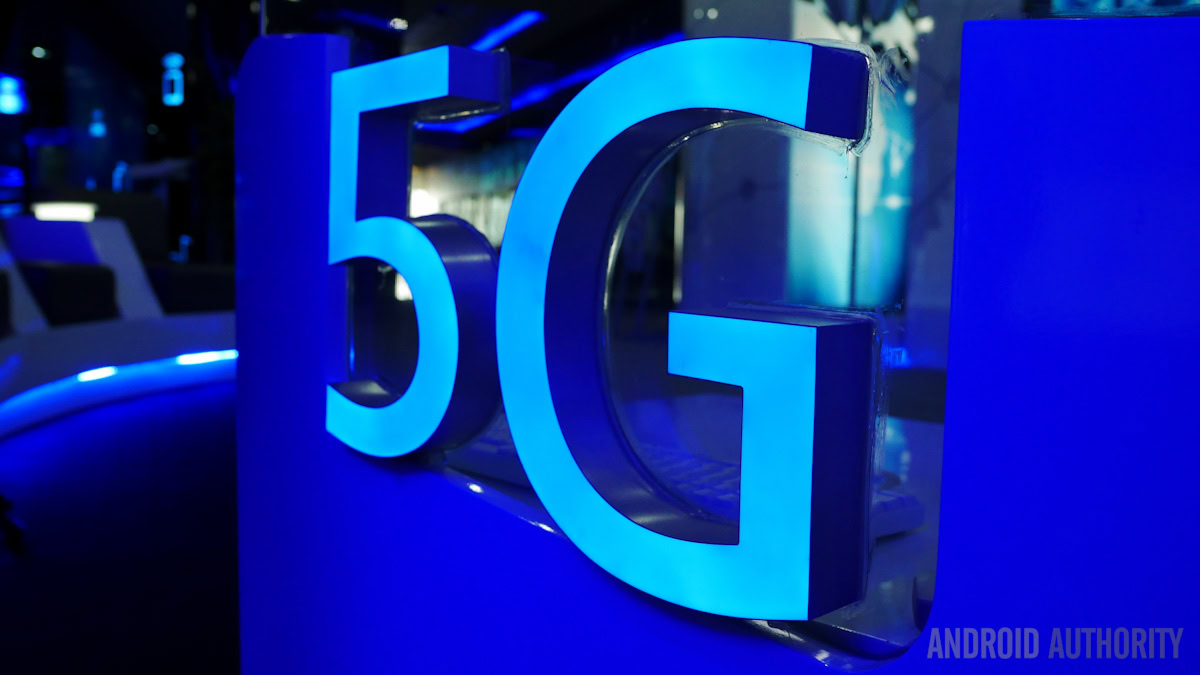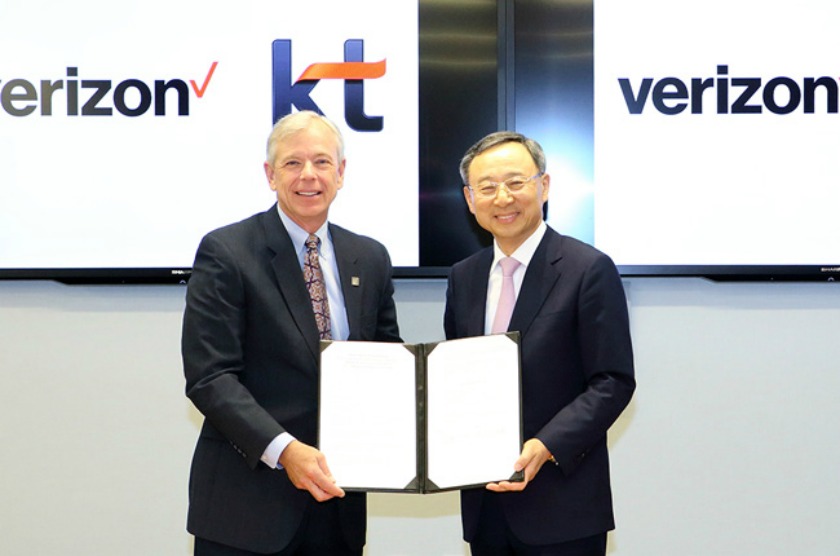Affiliate links on Android Authority may earn us a commission. Learn more.
Verizon posts its 5G spec: first U.S. carrier to do so
Published onJuly 12, 2016

In the race to capture the popular imagination with 5G, first is always where you want to finish. Verizon has very much been on the front foot regarding its plans for 5G: from aiming to be the first U.S. carrier to launch consumer 5G in the country to partnering with strategic companies like Samsung and Korea’s KT network to get there. In light of the pursuit to be the carrier everyone associates with 5G, Verizon has now published its 5G spec, making it the first U.S. carrier to do so.

Verizon’s radio spec for 5G is more than a bunch of pie-in-the-sky numbers. They will be used by manufacturers and component suppliers to prepare next-gen phones for Verizon’s 5G network. Even though the International Telecommunications Union (ITU) defined 5G as 20 Gbps last year, the real definition of what the 5G standard will be is still up for debate.
Verizon’s partnership with KT and Samsung aims to make Verizon’s version of that answer carry more weight. The radio spec is the first concrete example of a U.S. carrier putting its definition of 5G into the hands of its manufacturing partners. Verizon has noted that the radio spec may change as field testing progresses though.

Verizon sought contributions from the likes of Qualcomm, Intel, Samsung, LG, Nokia, Ericsson and Cisco to formulate its 5G radio specification. As you’ll likely recall, Verizon was first out of the gate with LTE as well, so it built on that experience. As Adam Koeppe, Verizon’s vp of network technology planning, notes in a statement on the 5G spec:
The completion of the 5G radio specification is a key milestone toward the development of a complete 5G specification. The level of collaboration that we are seeing exceeds what we saw during 4G. This agile way of developing the specification and working with the ecosystem will enable us to get to market rapidly.
Unfortunately for 5G, it’s not all smooth sailing everywhere, with a consortium of big European stakeholders publishing a 5G manifesto, essentially holding the rollout of 5G infrastructure hostage unless the EU’s strict net neutrality laws are “revised”. Perhaps not surprisingly, these big companies are claiming the cost of rolling out 5G will be too expensive unless they can get a return on their investment. As you probably realize, this would mean stratified premium content…for a price.
When do you expect to see 5G in your area? Would you switch to Verizon to get it?
Further reading: How Verizon lied about net neutrality